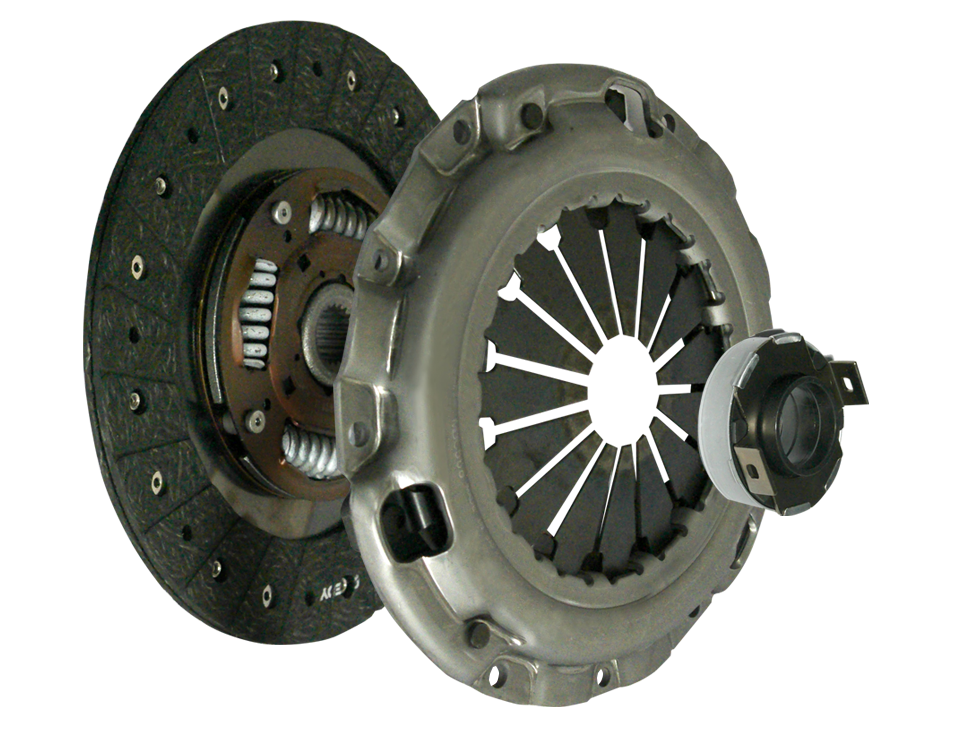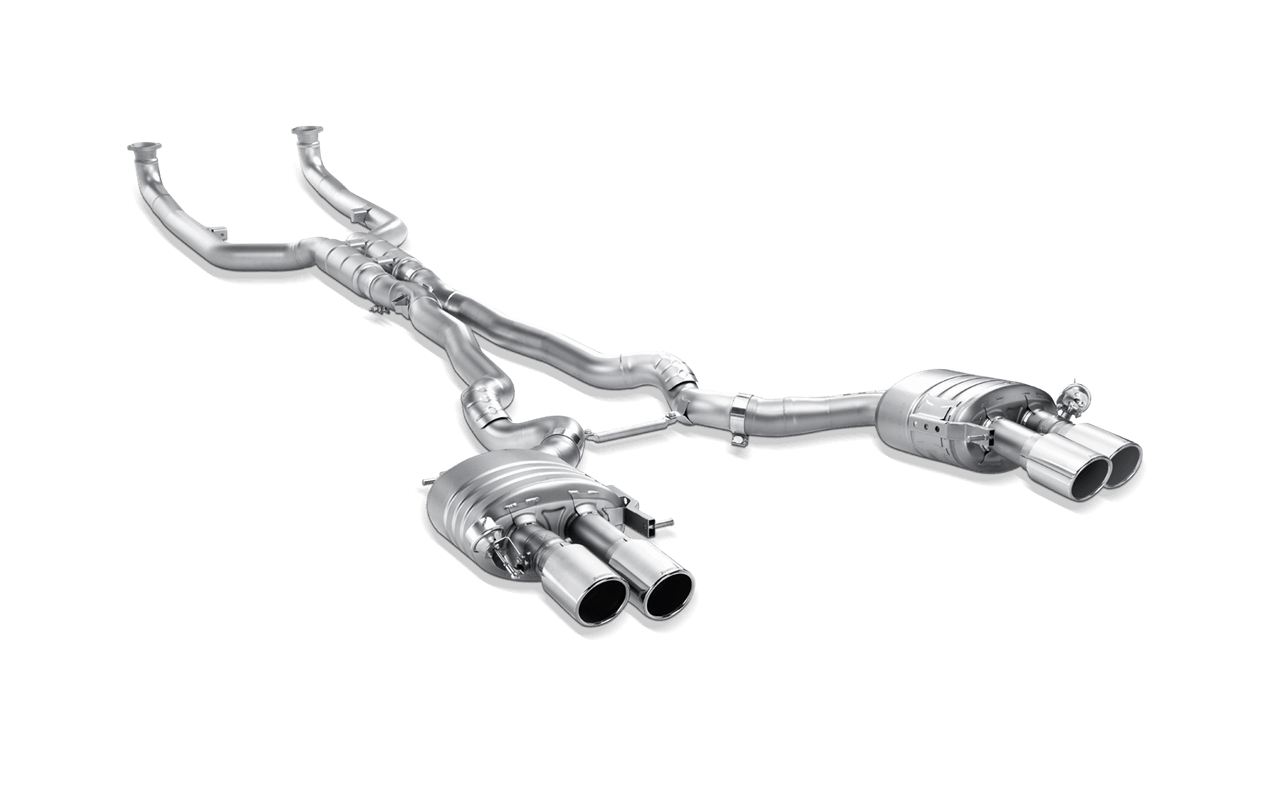
Mechanical Repairs
When something goes wrong with your vehicle, it can really disrupt your routine. To ensure you are brought back up to speed, you need a car garage experienced in all areas of mechanical repair. Catering to all enquiries and giving knowledgeable advice whenever possible, we can help you with your mechanical auto repairs, no matter what the size or scale. From a single bulb replacement to radiator replacement, we are on hand to help you get back on the road with as little hassle as possible.
Book Your Repair With Us Today!
We are now taking bookings for MOT tests. Fill out the form below, and we will get back to you as soon as we can, alternatively
feel free to give our workshop a call on 01795 515556
Clutch Replacement

No clutch will last forever. The facings on the clutch disc wear as the miles accumulate. The clutch pressure plate and flywheel can become scored, worn, warped or cracked from all the heat and friction generated by the clutch. A perfectly good clutch can be ruined by oil contamination; the cable or hydraulic linkage can fail, or the release bearing, pilot bearing/bushing or fork can wear out and prevent the clutch from working correctly. Dual mass flywheels are a common cause of clutch problems on more modern cars and it is a vital part of the smooth operation of the clutch system. We are well experienced in all manner of clutch repairs.
Here are a few of the most common clutch-related issues:
BURNING SMELL
If your clutch is slipping enough, it may not simply stop at slow acceleration and high RPMs. The improper connection between the disc and the flywheel could cause a burning smell. This is a sign that your clutch needs immediate replacement. If you have let your clutch get to the point where you smell a strong burning scent, other parts of your vehicle may need to be repaired or replaced, as well.
REVVING & ACCELERATION DONT MATCH UP
If you step on the accelerator and notice that your engine is revving, but the acceleration does not match, your clutch may be slipping. This is often due to a worn-out clutch disc, which means that it will not connect to the flywheel and pressure plate nearly as well. The result is that power from the engine will not be transferred to the transmission (and then the wheels) as effectively, so your engine will work hard for little output.
THE CLUTCH PEDAL FEELS WRONG
Sounds are not the only thing you should be aware of. In addition to knowing what your car should sound like, you will know what the clutch pedal should feel like. If it begins to feel different, the clutch may be in trouble. A soft or “spongy” feel may indicate that the system has air in it, but there are other ways a clutch pedal could feel off, as well. You know better than anyone what yours should feel like, so it is best to bring it in for inspection if you notice anything out of the ordinary.
STRANGE CLUTCH NOISES
A grinding sound when you shift gears is never a good sign. It is not always due to problems with the clutch itself, and it may simply be because you did not fully engage the clutch. However, a grinding sound could be due to a dragging clutch. This means that the clutch is not fully releasing, which can cause damage to the system. There are other noises that you should be careful of, as well. If you press the clutch pedal and hear a squealing noise, the release bearing or pilot bearing may be to blame. Finding the source of a particular noise is tricky work, but any unusual noise deserves to be investigated.
GETTING INTO GEAR IS DIFFICULT
If you can push your clutch pedal down, but actually shifting into a gear is difficult, it may be due to low hydraulic fluid levels. However, this isn’t the only possible reason, it could also be due to a bad clutch linkage. This problem can happen when you try to shift into first, but it could also be a problem when you are trying to switch gears while driving.
Exhaust Replacement

An exhaust system is usually piping used to guide reaction exhaust gases away from a controlled combustion inside an engine or stove. The entire system conveys burnt gases from the engine and includes one or more exhaust pipes. Depending on the overall system design, the exhaust gas may flow through one or more of:
- Cylinder head and exhaust manifold.
- A turbocharger in some vehicle applications.
- A catalytic converter or DPF filter to reduce air pollution.
- A series of resonator boxes to muffle and change the sound of exiting gases.
- A rear silencer or multiple silencers depending on vehicle design to further change the sound of exiting gases.
Your exhaust is an essential safety system in your car. If parts break or become worn and are not replaced or repaired, this could result in harmful gases potentially being released around the driver, passengers, and surrounding environment, which can be a dangerous situation. As your vehicle’s exhaust is found on the outside of your car, it’s exposed to elements such as debris in the road that can sometimes cause damage, so it’s important to keep an eye on how your car is running. Thankfully, exhaust parts are relatively cheap and easy to maintain.
Take some sound advice! The noise your exhaust makes can tell you a lot about its general condition:
- A loud roar could signify a hole in your exhaust pipe.
- A persistent rattle may mean part of the exhaust or heatshield is loose.
- A tinkling sound could be a problem with your silencer.
- A chugging noise could indicate a blockage in the system.
- A hissing sound often indicates a crack in a gasket, pipe or in the manifold.
- An engine management light can sometimes illuminate as a result of a blowing or blocked exhaust. If you are experiencing any of the above symptoms or have any other concerns with your exhaust, catalytic converter or DPF filter, have it checked by ourselves at the earliest opportunity!
Newington
Sittingbourne
Kent
ME9 7PE